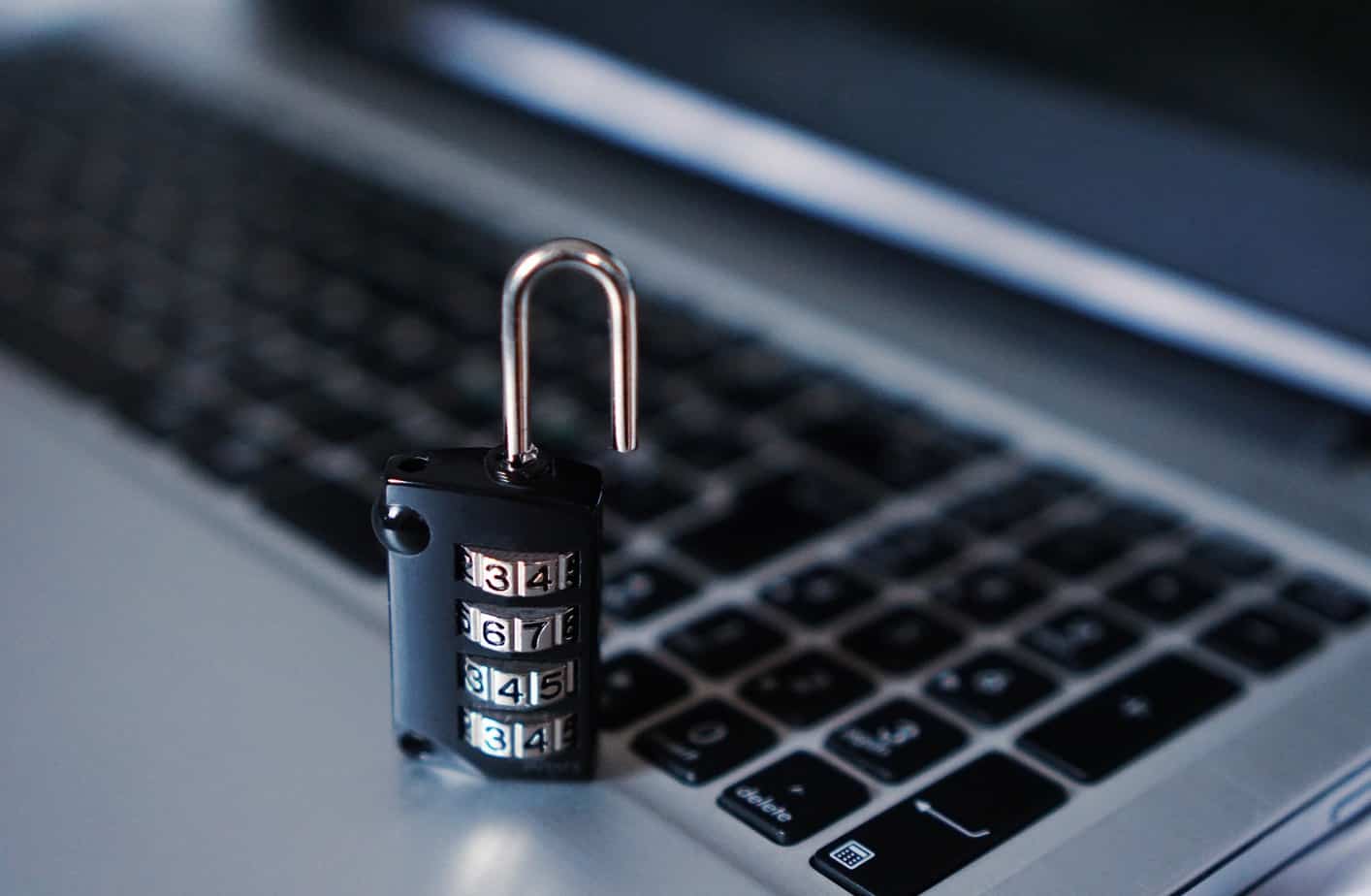
issosmart EQMS: 7 Reasons It’s the Ultimate ISO Tool for UK SMEs
issosmart EQMS: 7 Reasons It’s the Ultimate ISO Tool for UK SMEs For many small and medium-sized enterprises (SMEs), achieving ISO certification is a mark

In today’s hyper-connected world, information is one of your organisation’s most valuable assets. Yet, for small and medium-sized enterprises (SMEs), protecting that information is increasingly challenging. From phishing emails to ransomware attacks, cyber threats have evolved in scale and sophistication — and no business is too small to be targeted. Implementing a robust information security framework such as ISO 27001 can make the difference between resilience and ruin.
The UK’s National Cyber Security Centre (NCSC) reports a steady increase in attacks aimed at SMEs, with ransomware and phishing being the most common. Many business owners assume hackers target only large corporations, but in reality, SMEs are often seen as “soft targets” — easier to breach and less likely to have strong defences in place.
A single data breach can have devastating consequences. Financial losses, regulatory penalties, and reputational harm can quickly erode years of hard work. Even a brief disruption can impact customer trust and long-term growth. In an era where clients and partners demand transparency and assurance, information security is no longer optional — it’s fundamental to doing business.
Information security extends far beyond firewalls and antivirus software. It encompasses every policy, process, and behaviour that ensures sensitive information remains confidential, accurate, and available when needed. From protecting customer data to securing intellectual property, effective information security underpins business continuity.
In many industries, robust data protection is a contractual requirement. Failing to demonstrate adequate controls can lead to lost business opportunities. Moreover, compliance frameworks such as GDPR require organisations to handle personal data responsibly — and failure to do so can result in significant fines. For SMEs, building a structured information security management approach is the most practical way to ensure long-term resilience.
ISO 27001 is the internationally recognised standard for establishing and maintaining an Information Security Management System (ISMS). It provides a systematic approach to managing sensitive company information so that it remains secure — encompassing people, processes, and IT systems.
Key elements of ISO 27001 include:
Reviewing and enhancing security measures to keep pace with evolving threats.
IAF Accredited certification demonstrates your commitment to protecting information assets and complying with global best practice. It also assures customers, suppliers, and regulators that your organisation takes information security seriously.
While some may assume ISO 27001 is suited only for large enterprises, it’s increasingly being adopted by SMEs across the UK. The framework is scalable, practical, and adaptable — helping smaller businesses implement proportionate security controls without excessive complexity or cost.
The advantages are clear:
Streamlines internal processes and clarifies roles and responsibilities.
Ultimately, ISO 27001 helps SMEs build trust and credibility in an increasingly risk-conscious market.
Implementing ISO 27001 may seem daunting, but it can be achieved through a structured, step-by-step approach:
Engaging experienced consultants can simplify the process and ensure certification is achieved efficiently and effectively.
Learn more about the cost of ISO 27001 certification and how to budget effectively for your implementation.
Consider a growing digital agency that manages sensitive client data. After suffering a phishing attack that exposed project files, the company decided to implement ISO 27001. Within months, it gained better visibility over data assets, improved staff awareness, and established stronger incident response procedures. Certification not only restored client confidence but also opened doors to new contracts requiring verified security standards.
Cyber threats will continue to evolve, but proactive organisations can stay ahead by building resilience through recognised standards. ISO 27001 offers a proven path for SMEs to safeguard their information, demonstrate accountability, and strengthen customer trust.
Safeguard your data and reputation with accredited ISO 27001 certification.
The best time to secure your business is before an incident occurs — not after.
Speak to our team today.
Get free advice and guidance tailored to your exact business needs

issosmart EQMS: 7 Reasons It’s the Ultimate ISO Tool for UK SMEs For many small and medium-sized enterprises (SMEs), achieving ISO certification is a mark

ISO Certification for Small Businesses: 5 Proven Benefits for Growth and Credibility ISO Certification for Small Businesses is more than a compliance milestone — it’s
Get free advice and guidance tailored to your business needs